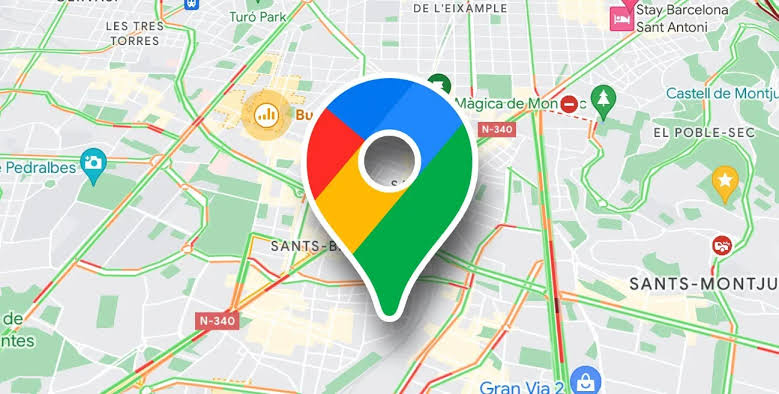Google has announced a major update to Google Maps, bringing several new features focused on sustainable travel, especially for users in Europe.
One of the biggest additions is smarter route suggestions powered by artificial intelligence. Until now, Google Maps only offered alternative routes based on the selected travel mode, such as driving or walking. With this new AI-powered feature, Google Maps will now recommend better routes across all travel types.
For example, if you set a driving route but can reach faster by train or walking, Google Maps will tell you. This feature is already live in 60 cities and will soon expand to places like Copenhagen, Stockholm, and Warsaw.
Cyclists in Europe are also getting more support. Google has partnered with local governments to add bike lanes in major cities like Madrid, Barcelona, Zurich, Budapest, and Vienna. Cycling navigation now covers around 125,000 kilometers of bike lanes worldwide, with 17 new cities joining the list.
Another feature going global is fuel-efficient routing. First launched in 2021, these routes help drivers save fuel and reduce emissions by showing more efficient alternatives. These fuel-saving routes are now available to all users globally, with estimated time and fuel savings shown next to each option.
For drivers in countries like Italy, Sweden, and Austria, Google Maps now includes alerts for low-emission zones. These alerts help users check if their vehicles are allowed in certain areas and offer alternate routes to avoid restricted zones. The feature will expand to cover over 1,000 low-emission areas in Europe.
Google Maps also now fully supports incident reporting on Android Auto and Apple CarPlay, allowing drivers to report traffic hazards and see real-time updates from other users, including data shared from Waze.
However, some users have reported a recent bug affecting turn-by-turn navigation when switching routes, especially on Android Auto and CarPlay. Google has not provided a fix yet, and users are advised to set destinations again if they face the issue.
Despite the glitch, these new features make Google Maps smarter and more useful, helping users travel efficiently while supporting eco-friendly transportation.










